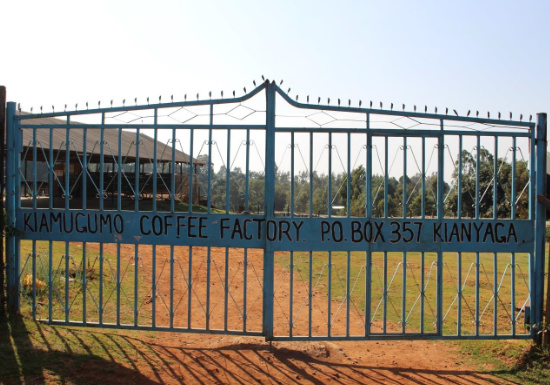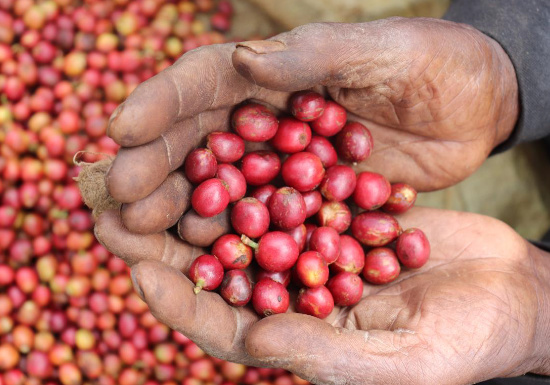About Kenya AA Kiamugumo microlot
Latest arrival May 2021, in vacuum packaging.
The Kiamugumo coffee factory is part of the New Ngariama Farmer’s Cooperative Society. which has a current membership of about 1,500 local growers. The factory itself, that in other parts of the world is referred to as a wetmill, is situated in Ngariama location, Nyangeni sub-location at Kirinyaga County.
The factory treats all water in soak pits to ensure no contamination runs into the local
waterways, which are a source for drinking water.
The Kiamugumo factory and its local producer farms are situated on the slopes of Mount Kenya. Rich volcanic soil, lots of annual rainfall, and the abundance of highly esteemed SL-28 and SL-34 varieties all lend immense quality to the production of coffee in this specific area. In this area of Kenya, smallholders deliver coffee in cherry to washing stations.
- Country: Kenya
- Grade: AA
- Region: Kirinyaga
- Sub-region: Ngariama
- Producers: Members of New Ngariama Farmer’s Cooperative Society
- Soil: Red volcanic soils
- Varietals: SL28, SL34
- Processing: Fully washed
- Drying: Raised beds
After picking, ripe cherry is brought to the factory by smallholder farmers, before it undergoes processing to remove the skin and pulp. The nearest water source is the Kii River. The waste water is cleaned before being led back into nature, which is common at most mills. After washing, the coffee is dried on typical African raised beds, that allow good air circulation between the beans. Beans are dried to between 11% and 13% and then brought to the Central Kenya Coffee Mill in Karatina Nyeri county for grading and sorting. The factory has a heightened awareness of sustainability and has water soak pits away from the its river water source, so waste water does not find its


Cup Characteristics: Vanilla aroma. Succulent, juicy mouth filling coffee with flavors of white grape, green apple and anise. Lemon acidity. A dry, sweet and long finish.
Roasting Notes: Beans are hard and dense and can be roasted to a variety of darkness levels. Most floral and delicate notes will be presented at City+ to FC range. The delicate nuances of this coffee will present themselves at lightly roasted levels but be sure to have a full first crack. Some may prefer to finish the roast at the first sound of second crack. Behmor users try P1 or P3, or, switch to manual and increase drum speed in the latter part of the roast.

